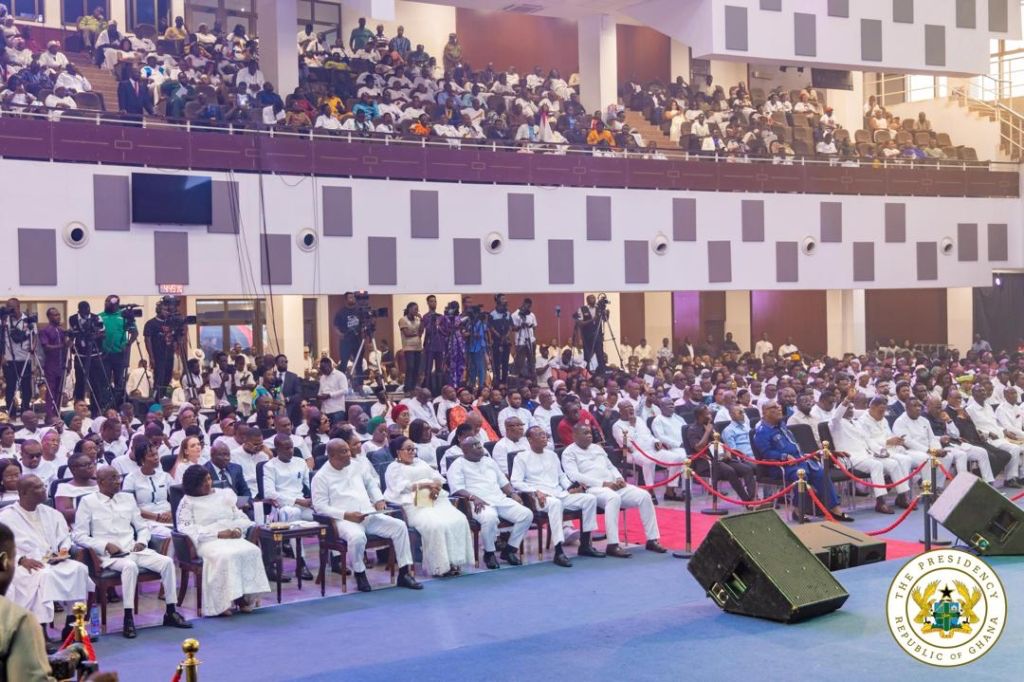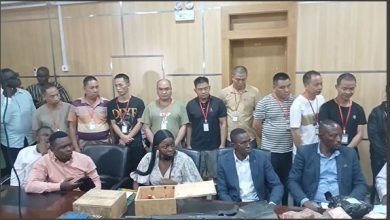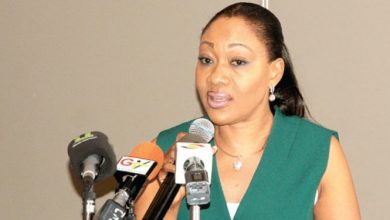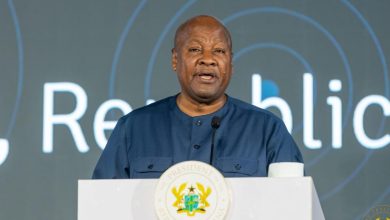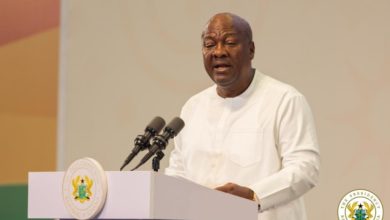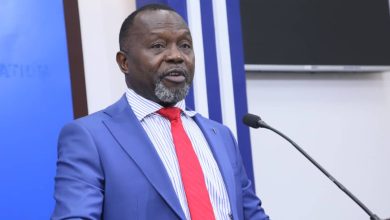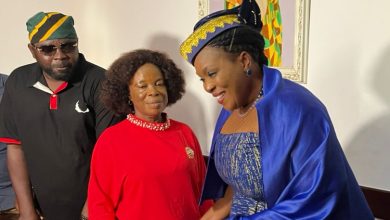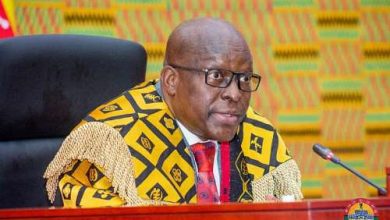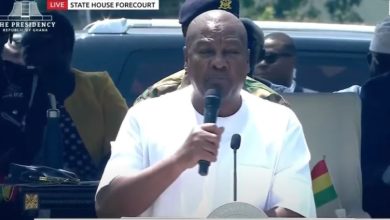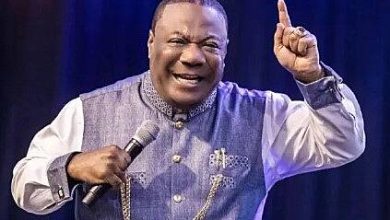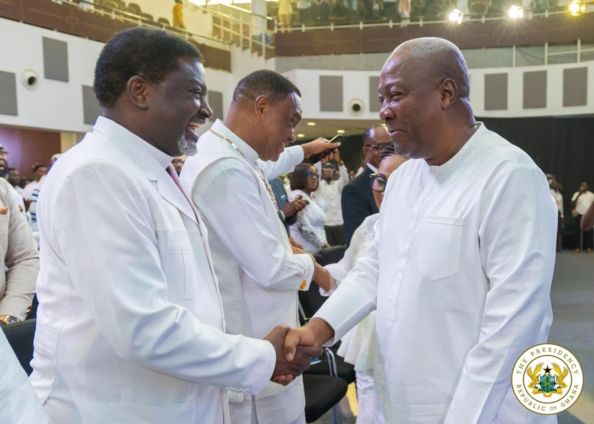
John Dramani Mahama has for the first time since he was sworn in as President on January 7, spoken on the stalled National Cathedral project.
The project, initiated by the erstwhile Akufo-Addo government, has been shrouded in controversy and has remained abandoned after substantial public funds had been sunk into it.
Speaking at the National Prayer and Thanksgiving Service in Accra on Sunday, January 12, Mahama hinted that he would not abandon the project.
“On the future of the National Cathedral, I believe that all of us as Christians must forge a consensus on how to achieve such a project without recourse to public funds,” he stated.
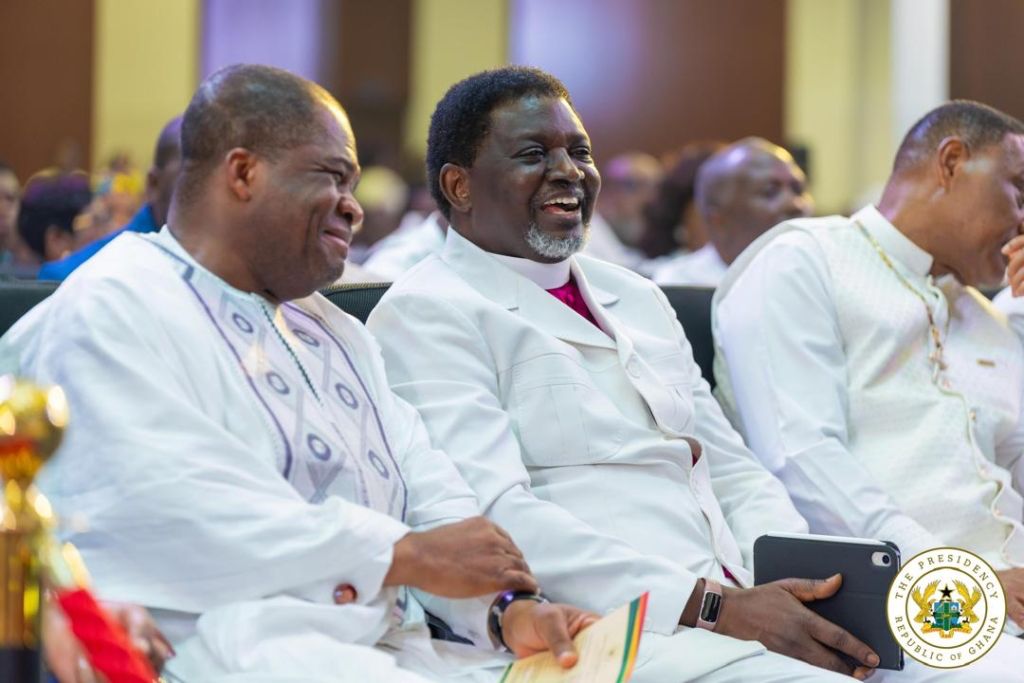
Cost
President Mahama emphasized that much as his government has no immediate plans of abandoning the project, the cost of the entire project cannot be accepted.
“This project must be completed at a reasonable cost. Given the current circumstances that Ghana is facing, it makes no sense to undertake such a project at a whooping sum of $400 million. I am informed that the National Ecumenical Centre in Abuja, which serves all Christian denominations in Nigeria, was built at a cost of $30 million. I believe we can achieve this project at a much more reasonable figure, and together, we can raise the necessary funds,” he said.
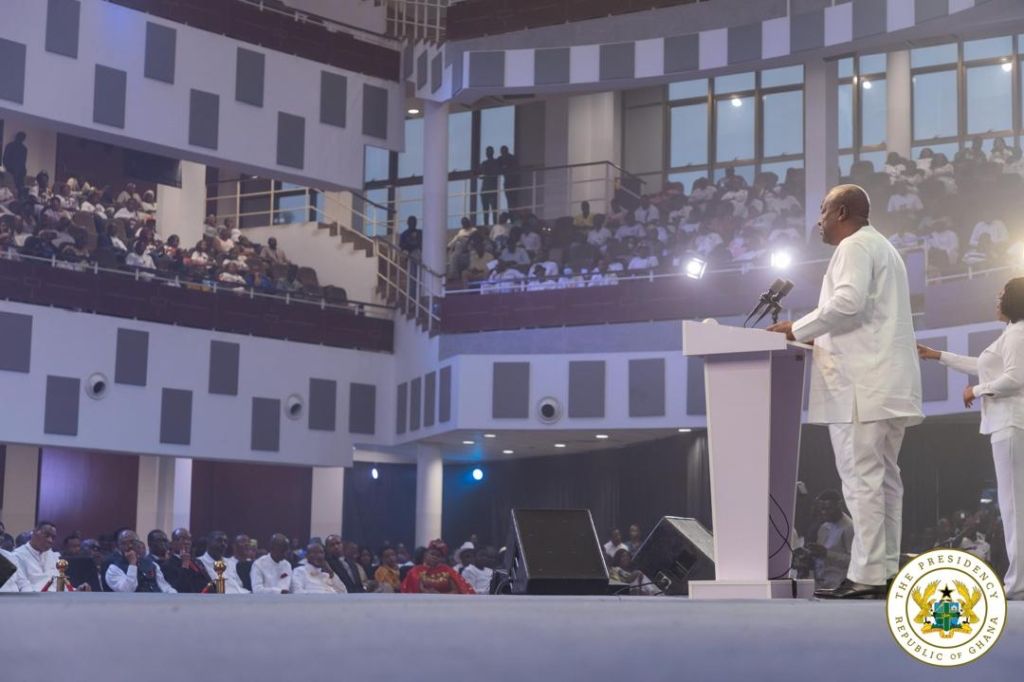
Location
The President also mentioned that the current location of the National Cathedral will not remain.
He pointed out that, if his government decides to continue the project, the location will also be reconsidered.
“Such a reconsideration of this project might even include changing the current site that was chosen for the project,” he said.
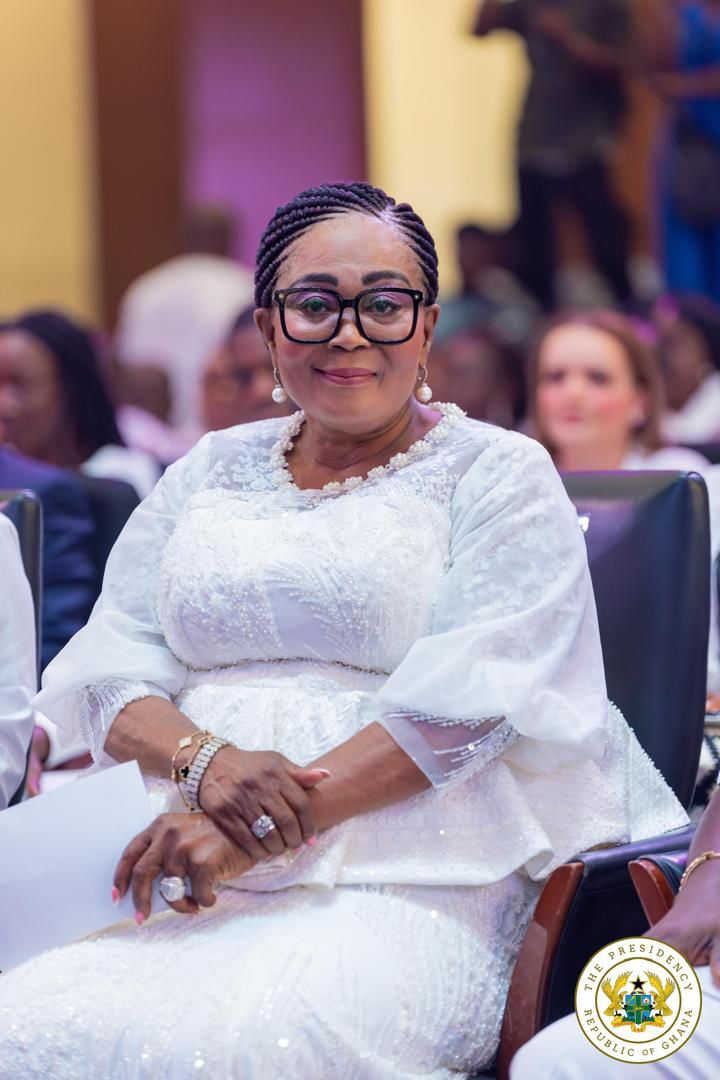
Probe
Mahama further indicated that he would constitute a probe into the project.
“CHRAJ directed the government to audit the project and investigate potential misuse of public funds. We will soon initiate a thorough investigation into this matter,” the President stated.
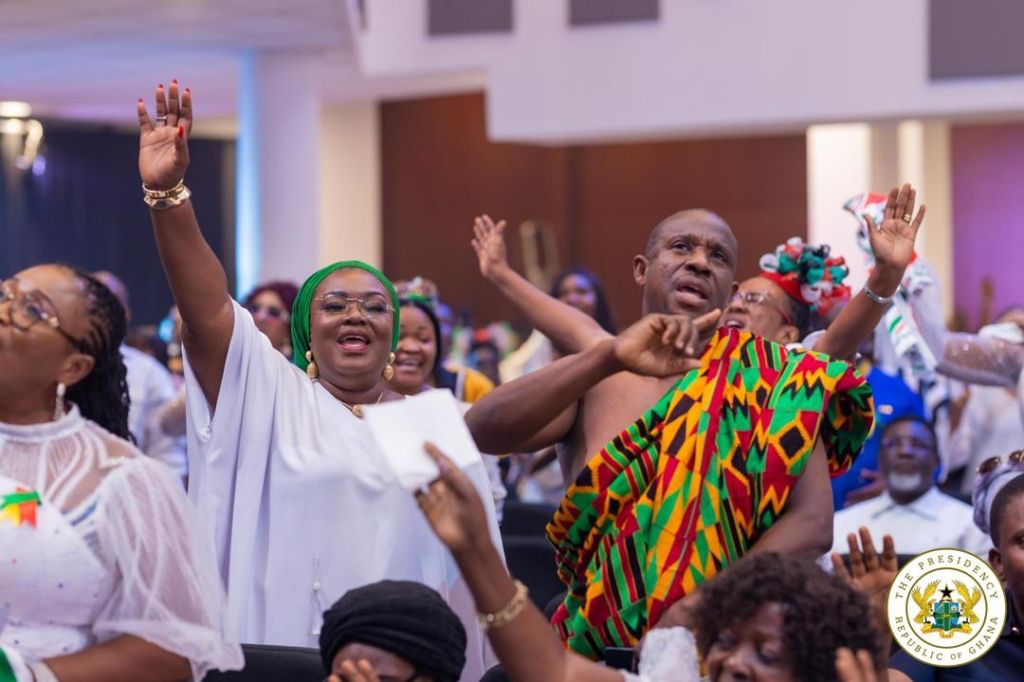
Background
Former President Akufo-Addo started the National Cathedral project in what he said was in fulfillment of a promise he made to God before winning the 2016 elections.
Although he promised not to use state funds for the project, it later turned out that the then Finance Minister, Ken Ofori-Atta, had allocated public funds for the construction.
Some board members of the project later resigned, amidst the challenges and controversies.
